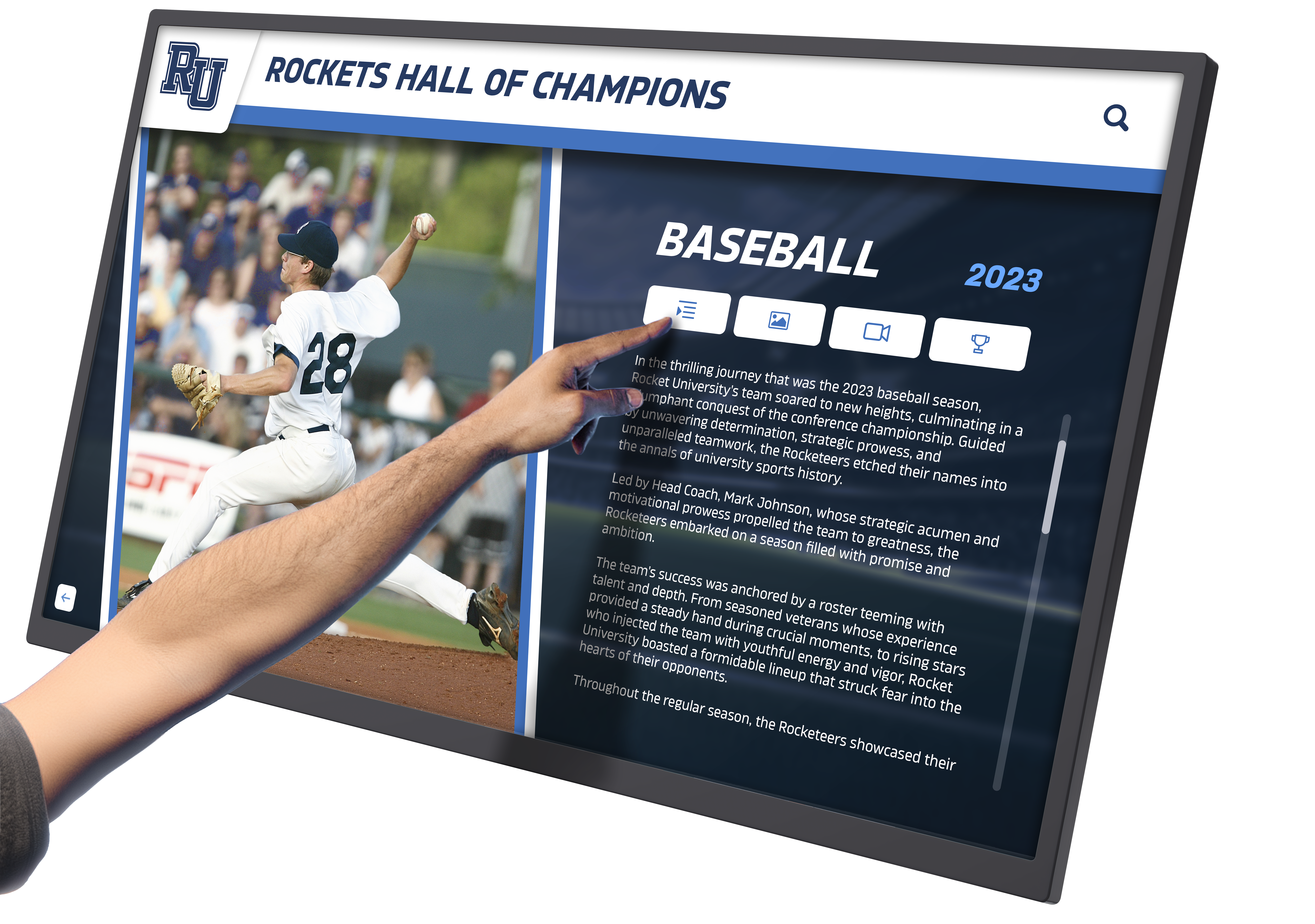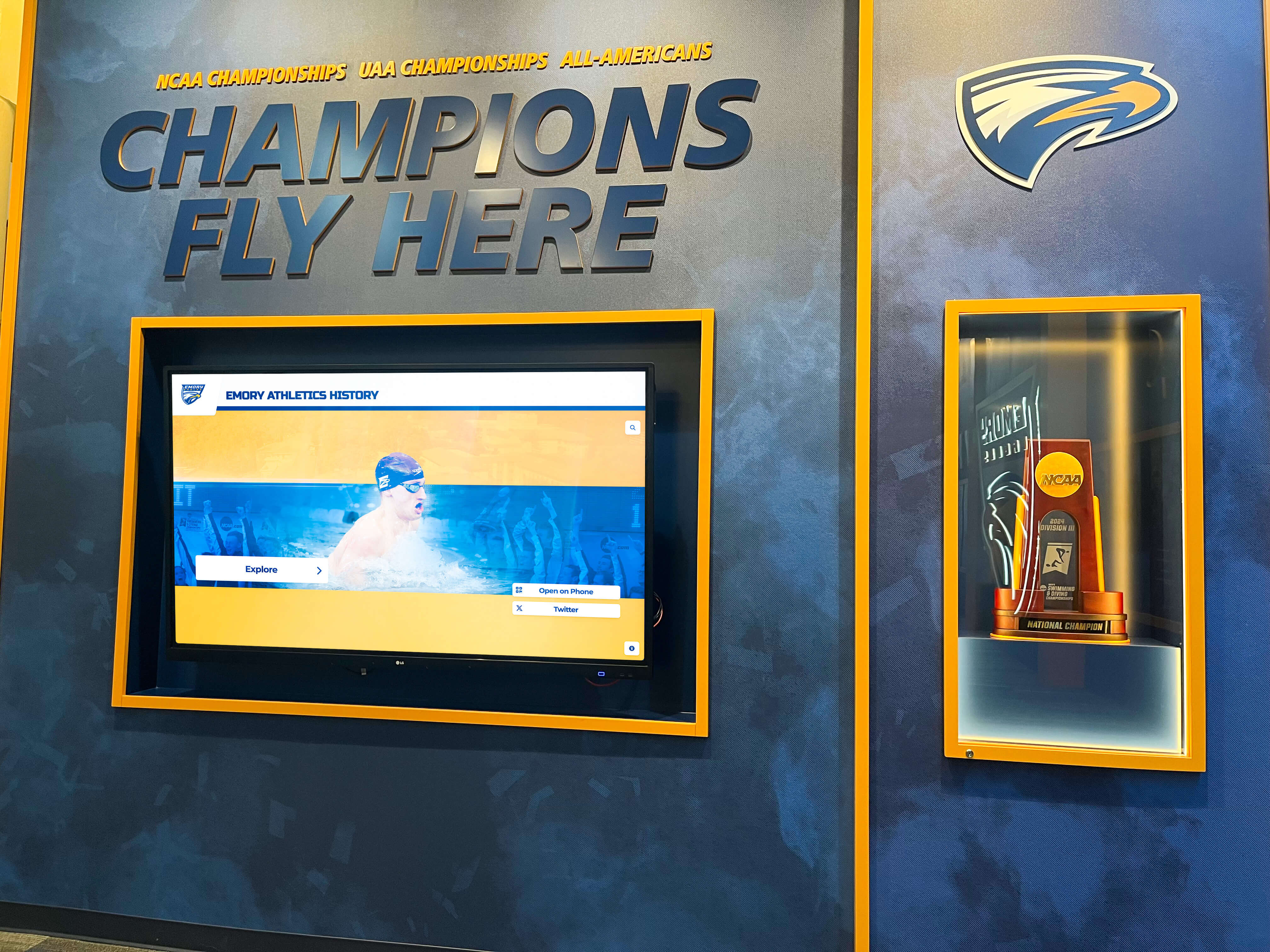Boston College hockey represents one of the most storied programs in collegiate hockey history. From the program’s early days through five national championships, the Eagles have built a tradition of excellence that resonates throughout college hockey. For over seven decades, Boston College has produced legendary players, championship teams, and unforgettable moments that have shaped the landscape of American college hockey.
The maroon and gold have become synonymous with hockey excellence in the Northeast, creating a pipeline from Chestnut Hill to professional hockey that few programs can match. From Jerry York’s record-breaking coaching career to iconic players like Brian Gionta and Johnny Gaudreau, Boston College hockey has consistently competed at the highest level while maintaining the academic standards expected of one of America’s premier universities.
Why Boston College Hockey History Matters
Boston College hockey represents more than just athletic achievement—it embodies a commitment to excellence that extends from the ice to the classroom and into professional careers. For schools and universities building their own hockey traditions, BC provides a blueprint for sustained success that balances competitive greatness with educational mission. Digital recognition solutions like those from Rocket Alumni Solutions enable hockey programs to celebrate their own histories and connect current players to the traditions that define institutional identity.
The Founding Era: Building a Hockey Program (1917-1948)
Boston College’s hockey history began modestly in the early 20th century, during an era when college hockey was still finding its footing as an organized sport in American higher education.
Early Beginnings and Informal Competition
Boston College’s first recorded hockey games took place in 1917, when student enthusiasm for the sport led to informal team organization. These early years featured irregular schedules, minimal funding, and games played on whatever ice surfaces could be secured. The program operated more as a club sport than a varsity program, with students organizing games, arranging transportation, and managing team logistics largely independent of institutional athletics administration.
Despite these challenges, Boston College’s location in the hockey-rich Boston area provided natural advantages. The city’s established hockey culture created opportunities for competition while surrounding the program with talent from local youth and high school programs. This geographic positioning would prove crucial as the program developed more formal structure in subsequent decades.
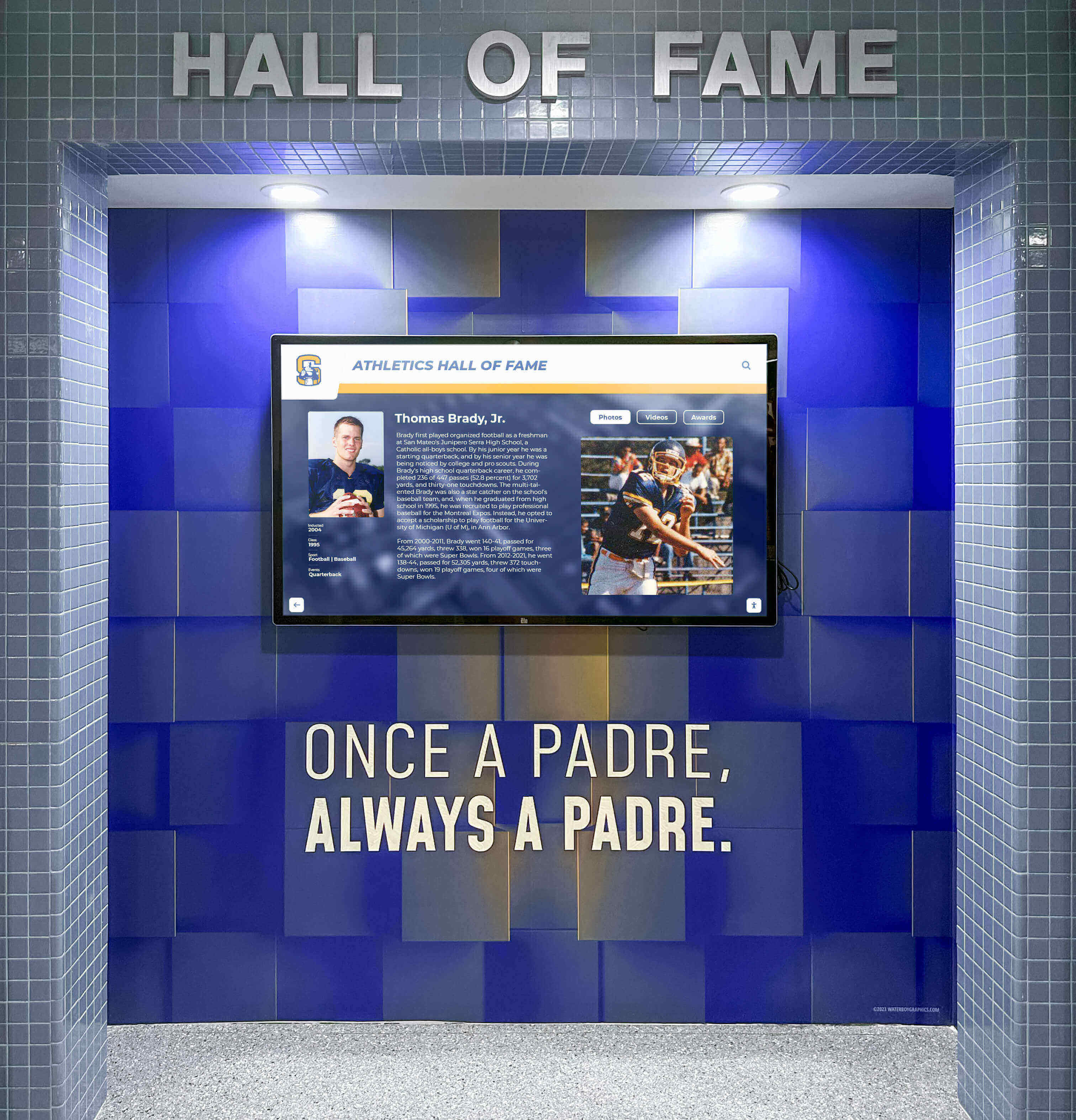
Varsity Status and Program Development
Boston College elevated hockey to varsity status in 1932, marking a significant milestone in the program’s evolution. This official recognition brought modest resources, administrative support, and integration within the broader athletics department. The program began competing regularly against other college teams throughout New England, establishing rivalries and competitive relationships that would endure for decades.
Through the 1930s and 1940s, Boston College hockey gradually built competitive credibility. The program attracted talented players from Boston-area high schools and prepared schools, leveraging the university’s academic reputation alongside emerging athletic traditions. While not yet competing for championships, these foundation years established organizational structure and competitive identity that positioned the program for future success.
The Snooks Kelley Era: The First National Championship (1948-1972)
John “Snooks” Kelley transformed Boston College hockey from a respectable regional program into a national championship contender, establishing standards of excellence that would define BC hockey for generations.
Kelley’s Arrival and Philosophy
When Snooks Kelley assumed head coaching duties in 1946, he brought a comprehensive vision for what Boston College hockey could become. Kelley understood that competing at the highest levels required more than tactical knowledge—it demanded program-building that addressed player development, recruiting, facilities, and institutional support. His systematic approach prioritized skill development, disciplined team play, and academic achievement alongside competitive success.
Kelley emphasized fundamental hockey skills while implementing team-oriented systems that maximized collective talent. His coaching philosophy stressed positioning, passing, and team cohesion over individual brilliance, creating teams that consistently exceeded the sum of their individual parts. This approach proved particularly effective in tournament competition where disciplined execution often overcame raw talent.
1949: The First National Championship
Just three seasons after Kelley’s arrival, Boston College hockey achieved its breakthrough moment by winning the 1949 NCAA Championship—the program’s first national title. The Eagles defeated Dartmouth 4-3 in the championship game, capping a remarkable tournament run that announced Boston College as a legitimate national power.
The 1949 championship team featured balanced scoring, strong goaltending, and the disciplined team play that became a Kelley trademark. More importantly, the national title validated Kelley’s program-building approach while establishing Boston College hockey within the elite tier of collegiate programs. The championship demonstrated that sustained institutional support combined with quality coaching could elevate programs to championship contention regardless of historical pedigree.
For Boston College, the 1949 championship created momentum that sustained the program through subsequent decades. The title attracted better recruits, justified facility investments, and built a winning culture that expected championship contention rather than viewing it as anomalous achievement.
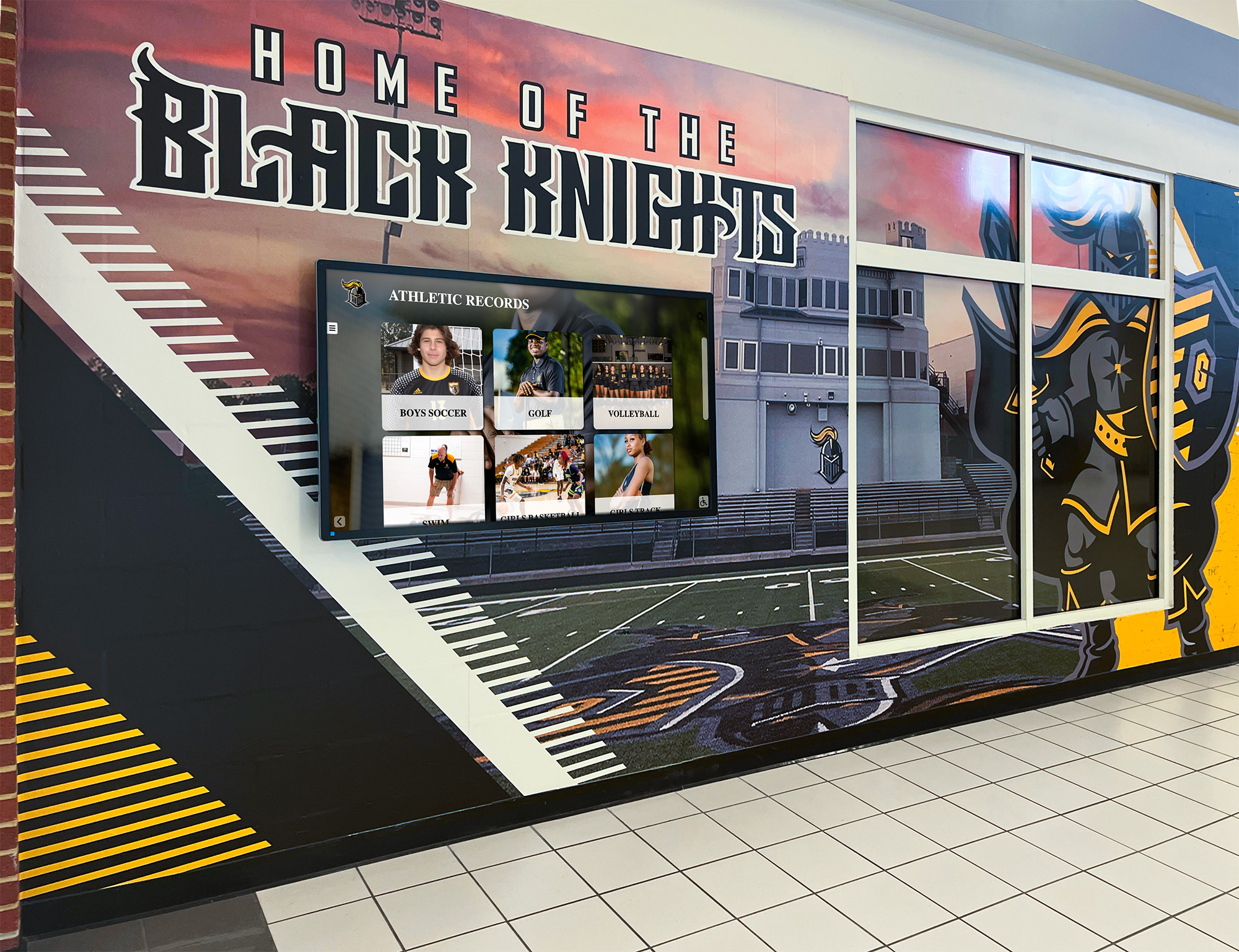
Building Sustained Excellence
Following the 1949 championship, Kelley continued building program depth and competitive consistency through the 1950s and 1960s. Boston College hockey became a perennial contender, regularly advancing to NCAA tournament play while competing for conference championships. The program developed a reputation for producing skilled, disciplined players who understood team concepts and executed game plans effectively.
Kelley’s sustained success—he coached Boston College for 36 seasons, compiling over 500 victories—created institutional stability that many programs lacked. His longevity enabled consistent recruiting messages, established program identity, and built traditions that transcended individual seasons. Players who competed for Kelley absorbed program values and often returned as coaches or remained connected to BC hockey throughout their lives, strengthening alumni networks and program continuity.
Resources on student-athlete recognition programs demonstrate how celebrating coaching legends like Kelley alongside player achievements creates comprehensive program recognition that honors all contributors to sustained excellence.
The Len Ceglarski Transition (1972-1992)
When Kelley retired in 1972, Boston College hired Len Ceglarski, who had previously coached at Clarkson University. Ceglarski inherited a program with established tradition but faced the challenge of maintaining excellence while implementing his own coaching philosophy and systems.
Ceglarski proved equal to the challenge, guiding Boston College hockey through two decades of continued competitive success. His teams consistently qualified for postseason play, competed for conference championships, and maintained the program’s national reputation. While Ceglarski’s era didn’t produce national championships, it preserved program stability during significant changes in college hockey including conference realignment, scholarship expansion, and growing competition from emerging programs.
The Ceglarski years demonstrated program resilience—the ability to maintain excellence through coaching transitions rather than experiencing cyclical rises and falls dependent on individual coaches. This organizational strength positioned Boston College hockey for its most successful era beginning in the 1990s.
The Jerry York Dynasty: Building a Championship Empire (1994-2022)
Jerry York’s arrival in 1994 initiated Boston College hockey’s most successful period, transforming the program into college hockey’s premier power through championship consistency that redefined excellence in the sport.
York’s Coaching Philosophy and System
York brought exceptional credentials to Boston College, having previously built Bowling Green’s program into a national contender. His coaching philosophy emphasized speed, skill, and puck possession combined with defensive responsibility and disciplined systems play. York recruited players who could execute at high tempo while maintaining positional awareness and defensive commitment.
Under York, Boston College hockey became known for balanced offensive attacks featuring multiple scoring lines rather than depending on single star players. This depth created matchup advantages while building team cohesion that proved crucial in tournament competition. York’s teams typically featured strong goaltending, mobile defensive corps capable of joining offensive rushes, and forwards who understood two-way responsibilities.
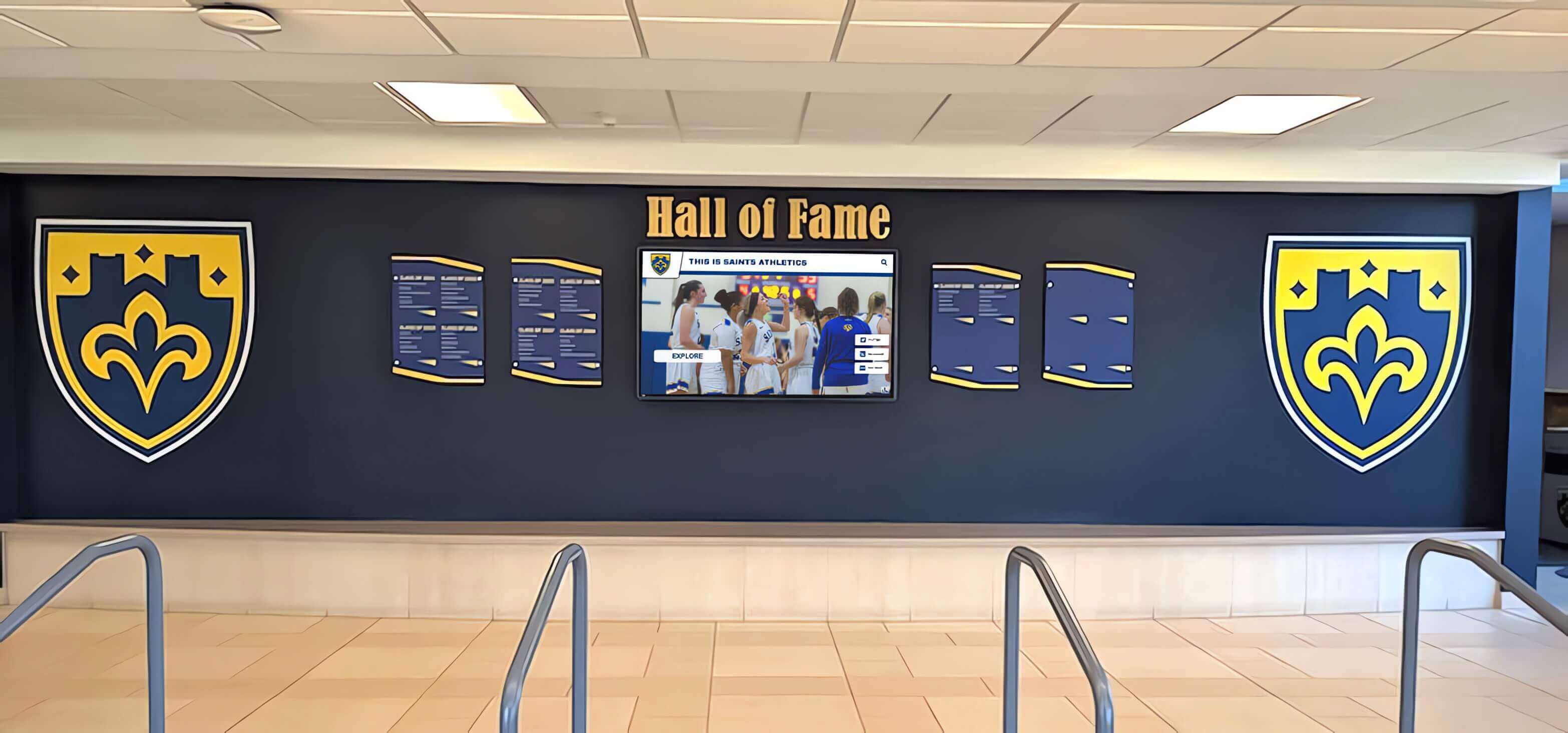
The 2001 National Championship: Breaking Through
Boston College captured its second national championship in 2001, ending a 52-year drought since the program’s inaugural title in 1949. The Eagles defeated North Dakota 3-2 in overtime in the championship game, culminating a remarkable tournament run that featured several dramatic come-from-behind victories.
The 2001 championship validated York’s program-building efforts while establishing Boston College as a legitimate championship contender in the modern era. The title demonstrated that the program could compete with traditional powers like North Dakota, Michigan, and Minnesota while also establishing dominance within Hockey East, the conference Boston College had joined in 1984.
Perhaps most significantly, the 2001 championship created momentum and confidence that would fuel unprecedented sustained success throughout the following decade.
The Golden Era: Three Championships in Five Years (2008-2012)
Boston College hockey achieved its greatest run of excellence from 2008 through 2012, winning three national championships in five seasons and establishing the program among college hockey’s all-time dynasties.
2008 National Championship: The Eagles defeated Notre Dame 4-1 in the championship game, dominating from start to finish. The team featured future NHL stars including Nathan Gerbe, Benn Ferriero, and goaltender John Muse, demonstrating the recruiting excellence York had established.
2010 National Championship: Boston College captured its fourth national title by defeating Wisconsin 5-0 in a dominant championship game performance. The 2010 team is widely considered one of the greatest college hockey teams ever assembled, featuring future NHL talent throughout the lineup including John Muse in goal, Cam Atkinson and Brian Gionta up front, and a defensive corps led by future professionals.
2012 National Championship: The Eagles completed their three-in-five run by defeating Ferris State 4-1 in the championship game. The 2012 title proved particularly satisfying as it demonstrated program depth—the championship came despite losing significant talent from previous years, showing that York had built sustainable excellence rather than temporary success dependent on single recruiting classes.
These three championships in five years established Boston College hockey among the sport’s elite programs while cementing York’s legacy as one of college hockey’s greatest coaches. The sustained excellence demonstrated program strength across recruiting, development, coaching, and institutional support.
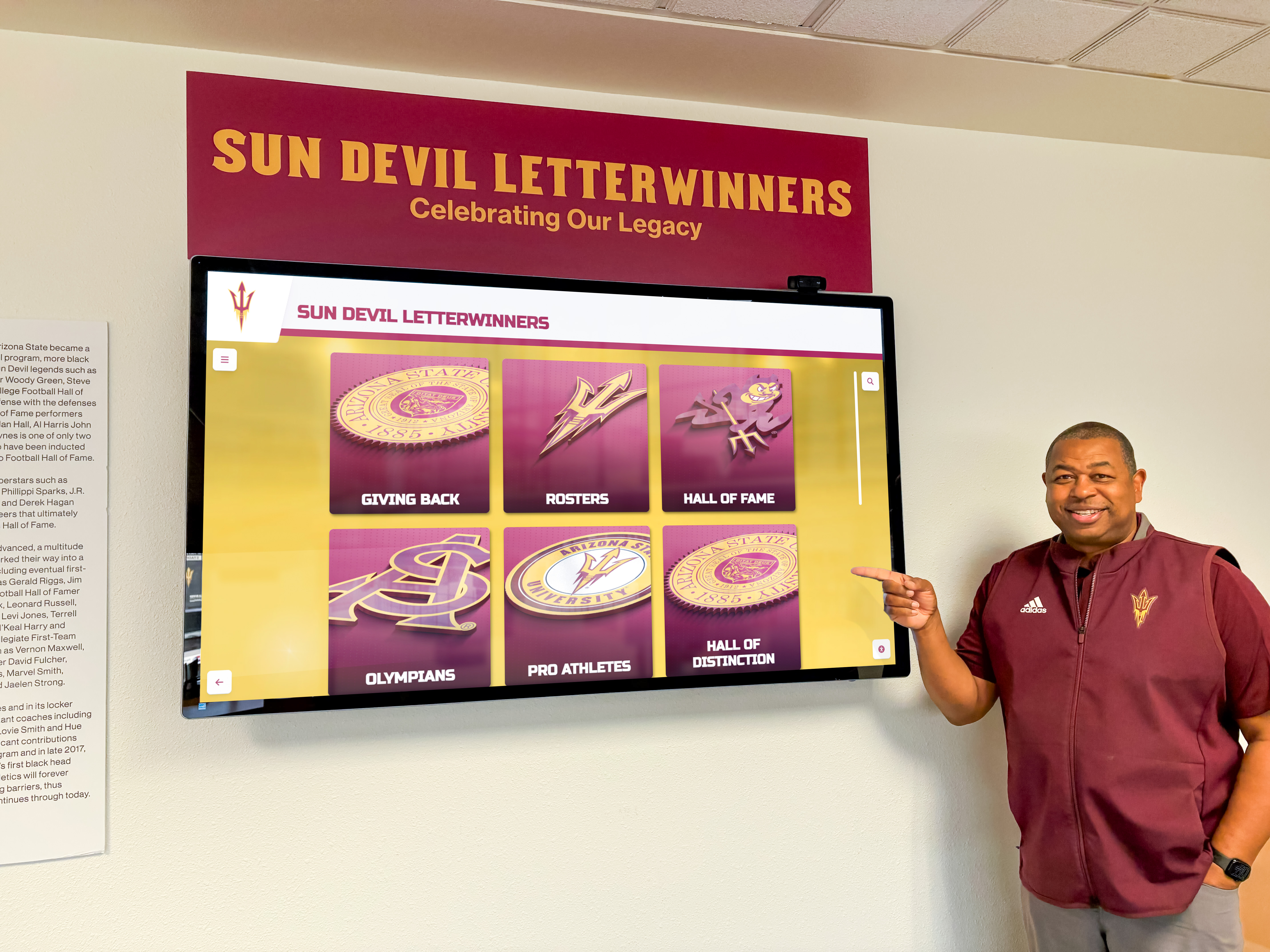
The Johnny Gaudreau Era
Among Boston College’s many great players, Johnny Gaudreau stands out as perhaps the most decorated in program history. The diminutive forward won the Hobey Baker Award as college hockey’s top player in 2014, becoming Boston College’s third Hobey Baker winner. Gaudreau’s electrifying skill, creativity, and competitive drive made him must-see entertainment while helping maintain Boston College’s championship contention.
Gaudreau’s success at Boston College followed by his NHL stardom with the Calgary Flames and Columbus Blue Jackets demonstrated the program’s ability to develop players for professional success while maintaining the student-athlete balance expected at an academically rigorous institution.
Resources on college recruitment and recognition strategies explore how programs leverage legendary player stories like Gaudreau’s during recruiting, demonstrating development capabilities that attract elite talent.
York’s Retirement and Legacy
Jerry York retired in 2022 after 28 seasons at Boston College and 50 years of college coaching. He finished his career as college hockey’s all-time wins leader with over 1,000 victories while guiding Boston College to five Frozen Four appearances and three national championships. York’s impact extended beyond statistics—he established a program culture emphasizing academic excellence, character development, and community engagement alongside competitive success.
York’s retirement marked the end of an era but left a program built on sustainable foundations rather than dependent on individual leadership. His systematic approach to recruiting, player development, and program management created structures ensuring continued competitiveness beyond his tenure.
Legendary Players and Professional Development
Boston College hockey has produced numerous players who have excelled at professional levels, demonstrating the program’s player development excellence and creating connections between the Heights and NHL arenas.
Hobey Baker Award Winners
Boston College has produced multiple Hobey Baker Award winners, college hockey’s equivalent of the Heisman Trophy:
David Emma (1991): The first Boston College player to win the Hobey Baker, Emma demonstrated the scoring prowess and leadership that would become BC trademarks.
Brian Gionta (2001): The captain of BC’s 2001 national championship team, Gionta won the Hobey Baker before enjoying a lengthy NHL career including serving as captain of the Montreal Canadiens and winning an Olympic silver medal with Team USA.
Johnny Gaudreau (2014): As mentioned earlier, Gaudreau’s electrifying play made him one of college hockey’s most exciting players before his NHL success.
These Hobey Baker winners represent program excellence while serving as recruiting tools demonstrating BC’s ability to develop elite talent.
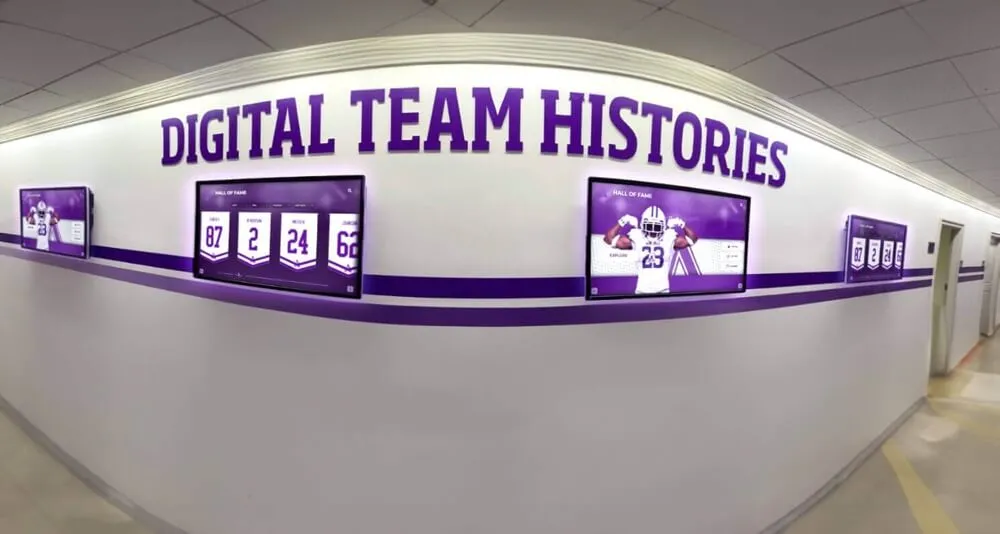
NHL Success Stories
Beyond Hobey Baker winners, Boston College has produced numerous NHL players including:
Brian Leetch: Hall of Fame defenseman who won two Stanley Cups with the New York Rangers after attending Boston College.
Chris Kreider: Power forward who has become a core player for the New York Rangers after starring at BC.
Noah Hanifin: Top draft pick who played one season at BC before joining the NHL.
Cam Atkinson: Productive NHL forward for Columbus and Philadelphia after his BC career.
Kevin Hayes: Solid two-way center who won the Frozen Four Most Outstanding Player award in 2010 before his NHL career.
This pipeline to professional hockey validates Boston College’s development systems while attracting future generations of elite recruits who aspire to follow similar paths from Chestnut Hill to the NHL.
Programs implementing Minnesota high school hockey NHL player recognition can apply similar approaches to celebrating players who progressed through their programs to professional success, creating connections between local development and elite achievement.
Women’s Hockey Excellence
Boston College’s women’s hockey program has also achieved remarkable success, demonstrating institutional commitment to championship excellence across all programs. The Eagles women’s hockey team has won multiple national championships, produced Olympic athletes, and established itself among the elite of women’s college hockey.
The women’s program follows similar philosophies emphasizing skill development, team play, and academic achievement, creating parallel excellence that strengthens institutional hockey culture while broadening the program’s impact and visibility.
Conte Forum: The Home of Eagles Hockey
Boston College hockey’s success has been built within Conte Forum, the on-campus arena that has served as the program’s home since 1988. Previously, BC hockey played at various off-campus venues including McHugh Forum and Boston Arena, creating logistical challenges while limiting student attendance and campus integration.
The Conte Forum Advantage
Conte Forum’s opening transformed Boston College hockey by providing a state-of-the-art facility centrally located on campus. The 7,884-seat arena creates an intimidating home ice advantage, particularly during big games when the student section generates deafening noise that disrupts opponents. The facility’s modern amenities including premium seating, club areas, and hospitality spaces have enhanced fundraising capabilities while improving the fan experience.
For recruits, Conte Forum demonstrates institutional commitment to hockey excellence. The facility rivals any college hockey venue in the country, sending powerful messages about program priorities and competitive aspirations during official visits.
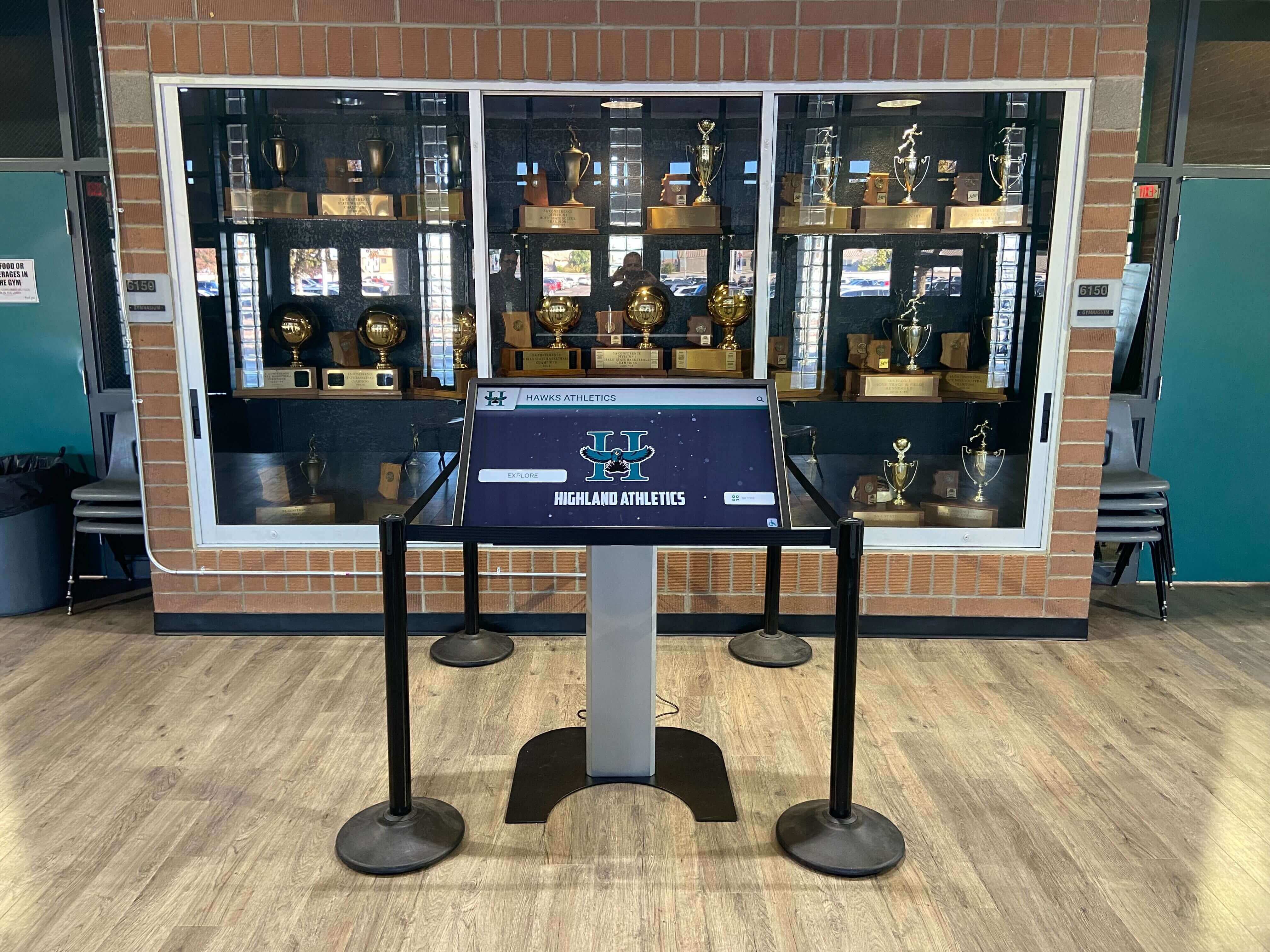
Game Day Atmosphere
Boston College hockey games at Conte Forum feature electric atmospheres that rival professional sporting events. The student section creates organized cheers, traditional chants, and sustained noise that energizes the Eagles while unsettling opponents. Long-time fans pack the arena for marquee matchups against rivals like Boston University, creating intergenerational shared experiences that strengthen community bonds.
This game day atmosphere has become integral to Boston College’s identity and recruiting pitch. Prospects experiencing games at Conte Forum understand they would compete in front of passionate, knowledgeable fans who make BC hockey a priority within their lives.
Fierce Rivalries That Define Eagles Hockey
College hockey’s intensity stems partly from geographic proximity creating natural rivalries. Boston College hockey features several defining rivalries that generate passion, tradition, and unforgettable moments.
Boston University: The Comm Ave Rivalry
The rivalry between Boston College and Boston University represents college hockey’s most intense matchup. Separated by just a few miles along Commonwealth Avenue, these programs compete for recruiting, bragging rights, and conference supremacy in games featuring playoff-level intensity regardless of regular season stakes.
The rivalry has produced countless memorable moments including dramatic comebacks, overtime thrillers, and championship meetings. The annual “Battle of Comm Ave” sells out both arenas while generating significant media coverage and social media engagement. For players, beating BU represents a career highlight regardless of other achievements.
This rivalry benefits both programs by raising competitive intensity, generating publicity, and creating emotional investment among alumni and fans. The geographic proximity ensures players often know opponents from youth hockey or high school competition, adding personal dimensions to already heated rivalry.
Hockey East Competition
Beyond Boston University, Boston College competes annually against Hockey East rivals including:
- Northeastern University: Another Boston-based program creating natural geographic rivalry.
- UMass Amherst: Rising program that has emerged as championship contender in recent years.
- Providence College: Traditional Hockey East power with championship tradition.
- University of New Hampshire: Historic program with passionate fan base.
- Maine, UConn, Merrimack, Vermont: Additional conference opponents providing regular competition.
These conference rivalries create familiarity, competitive consistency, and regular opportunities for quality competition that prepares Boston College for postseason success.
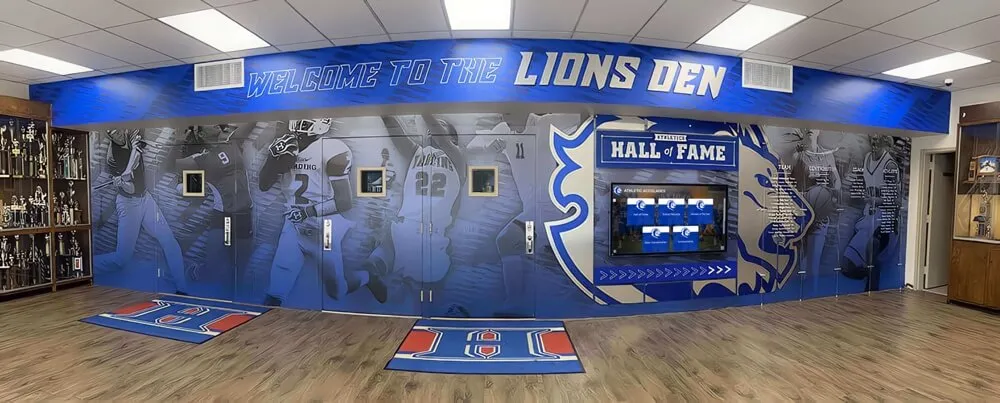
Programs exploring coaches appreciation and recognition understand how rivalry games create signature coaching moments worth celebrating alongside championship achievements as defining program memories.
Modern Recognition: Celebrating Eagles Hockey Excellence
Boston College’s rich hockey tradition deserves recognition systems that preserve institutional memory, inspire current players, and strengthen alumni connections while adapting to technological capabilities unavailable to earlier generations.
Traditional Recognition at Conte Forum
Conte Forum features traditional recognition elements including championship banners hanging from the rafters celebrating national titles and conference championships, retired jerseys honoring legendary players whose contributions warrant permanent commemoration, and display cases showcasing trophies, awards, and memorabilia from throughout program history.
These traditional elements provide tangible connections to program history while creating visual reminders of excellence standards current teams inherit. The sight of championship banners motivates players while reminding fans of traditions they support through attendance and engagement.
Digital Recognition Capabilities
Modern technology enables recognition approaches impossible with traditional static displays. Digital recognition systems provide capabilities including:
Comprehensive Player Profiles: Digital platforms can feature every varsity letter winner throughout program history rather than limiting recognition to only the most elite performers. Complete rosters, statistics, biographical information, and career narratives preserve institutional memory while honoring all contributors to program success.
Multimedia Storytelling: Video highlights from championship games, goal celebrations, interview footage, and documentary-style retrospectives bring program history to life in ways static photographs cannot match. For a sport as dynamic as hockey, video content proves particularly valuable for capturing speed, skill, and defining moments.
Searchable Archives: Visitors can instantly locate specific players, championship teams, or achievements rather than scanning chronological lists. This search capability proves valuable during recruit visits when coaches can quickly access relevant player examples, alumni connections, or program achievements.
Remote Accessibility: Web-based recognition extends beyond physical facility visitors, allowing alumni worldwide to explore program history, locate former teammates, and share memories regardless of geographic distance from campus.
Solutions like Rocket Alumni Solutions provide purpose-built platforms designed specifically for athletic recognition, combining unlimited capacity with intuitive content management and professional presentation that honors program excellence appropriately.

Recruiting Enhancement Through Recognition
Comprehensive recognition systems serve recruiting functions by demonstrating program tradition and development capabilities to prospective players. When recruits visit Conte Forum, professional recognition displays:
- Communicate program values through who receives honor and how achievements are described
- Demonstrate institutional commitment to celebrating athletic success
- Provide concrete evidence of player development and professional pathways
- Create emotional connections to program traditions and expectations
- Enable personalized presentations highlighting relevant player examples
Strategic recognition investments generate returns through enhanced recruiting, increased alumni engagement, and strengthened institutional pride that extend well beyond initial costs.
Resources on SEC athletics hall of fame programs provide frameworks that Hockey East programs like Boston College can adapt for celebrating conference achievements alongside institutional excellence.
The Future of Boston College Hockey
As Boston College hockey moves forward from the Jerry York era under new head coach Greg Brown (York’s longtime assistant), the program enters its next chapter with strong foundations supporting continued excellence.
Maintaining Championship Standards
Boston College hockey’s challenge involves maintaining championship expectations while navigating transitions in leadership, roster composition, and competitive landscape. The program benefits from:
- Strong recruiting pipelines delivering talent from traditional hockey regions
- Exceptional facilities and institutional resources supporting championship aspirations
- Academic reputation attracting student-athletes valuing educational excellence
- Championship culture and traditions creating accountability and aspiration
- Alumni network providing mentorship, support, and professional connections
These structural advantages suggest Boston College hockey will remain competitive at the highest levels while adapting to changing circumstances in college athletics.
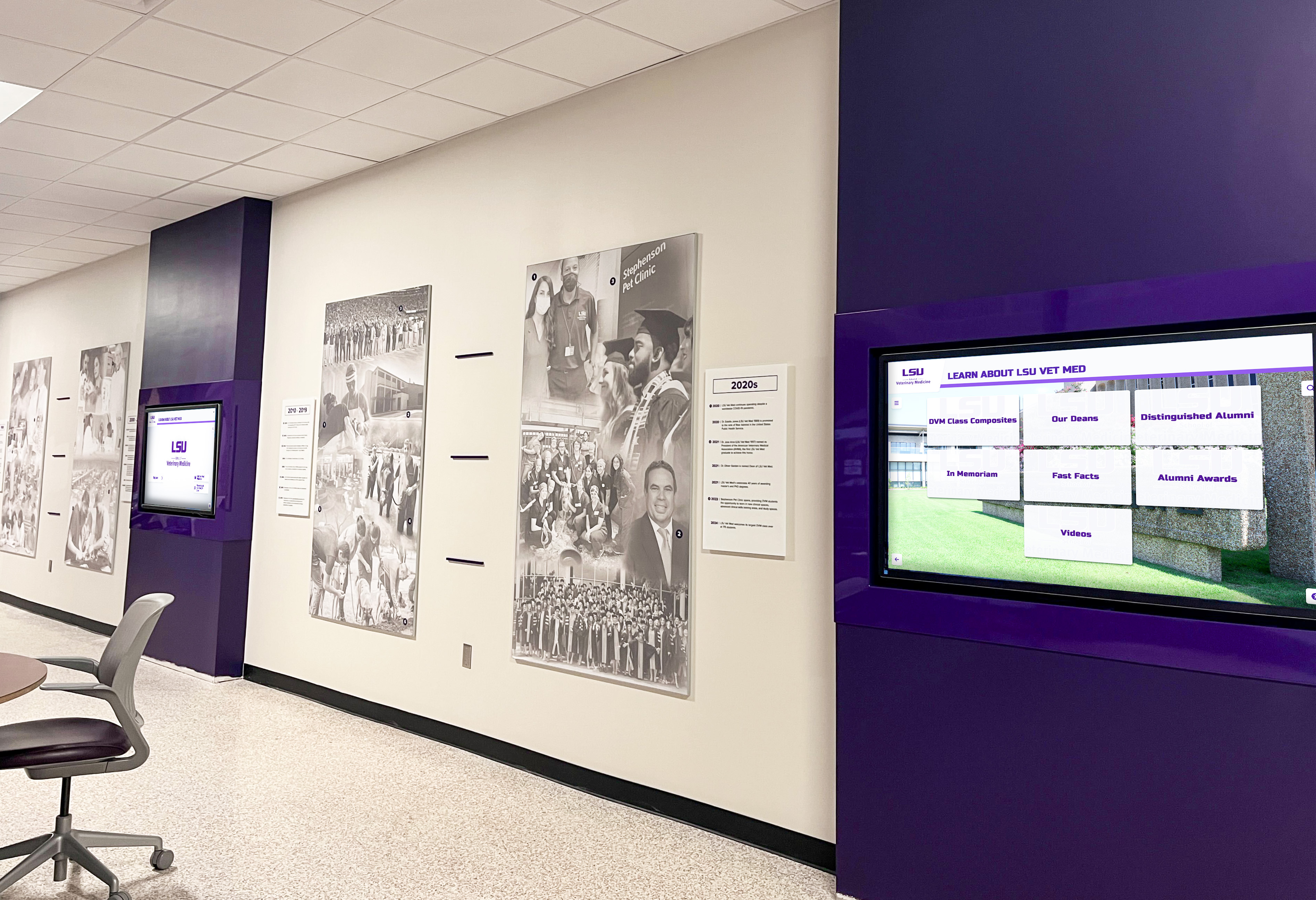
Evolving Challenges in College Hockey
College hockey faces significant changes including:
- Transfer portal dynamics enabling greater player movement between programs
- Name, image, and likeness (NIL) opportunities creating new considerations for athletes
- Conference realignment affecting scheduling and competitive balance
- Professional pathway evolution as prospects increasingly choose junior hockey routes
- Academic standards and institutional priorities navigating pressure for athletic success
Boston College’s combination of academic prestige, athletic excellence, and institutional resources positions the program to navigate these challenges successfully while maintaining the values that have defined Eagles hockey throughout its history.
Preserving and Celebrating Boston College Hockey Legacy
Boston College hockey’s remarkable history—from Snooks Kelley’s first championship through Jerry York’s dynasty—deserves comprehensive recognition that preserves institutional memory while inspiring future generations. The program’s five national championships, legendary coaches, professional player development, and passionate rivalries represent achievements worthy of permanent celebration.
Modern recognition technology enables Boston College and similar programs to honor these legacies appropriately through unlimited capacity showcasing every contributor to program success, rich multimedia content bringing hockey achievements to life visually, easy content management maintaining current information, sophisticated search enabling instant access to specific achievements, and remote accessibility extending recognition beyond campus visitors.
Schools and universities building comprehensive athletic recognition programs report significant benefits including enhanced recruiting through demonstrated tradition and development, strengthened alumni engagement creating valuable relationships, increased institutional pride elevating entire athletic departments, preserved historical memory preventing achievements from fading, and motivational impact inspiring current teams to add their chapters.
Whether recognizing championship teams, legendary coaches, individual player excellence, or the passionate fans who support Eagles hockey, solutions like those from Rocket Alumni Solutions provide platforms specifically designed for hockey recognition needs. Additional resources on college athletics hall of fame programs and athletic wall of honor systems help programs develop recognition honoring hockey excellence comprehensively.
Boston College hockey’s legacy spans generations, connects thousands of alumni, and continues inspiring young players who dream of wearing maroon and gold. By celebrating this tradition appropriately while preserving institutional memory, Boston College ensures that future Eagles understand the proud history they inherit and the excellence standards they’re expected to uphold. The Heights have produced champions for over seven decades—recognition systems ensure these champions receive the lasting honor they deserve.
